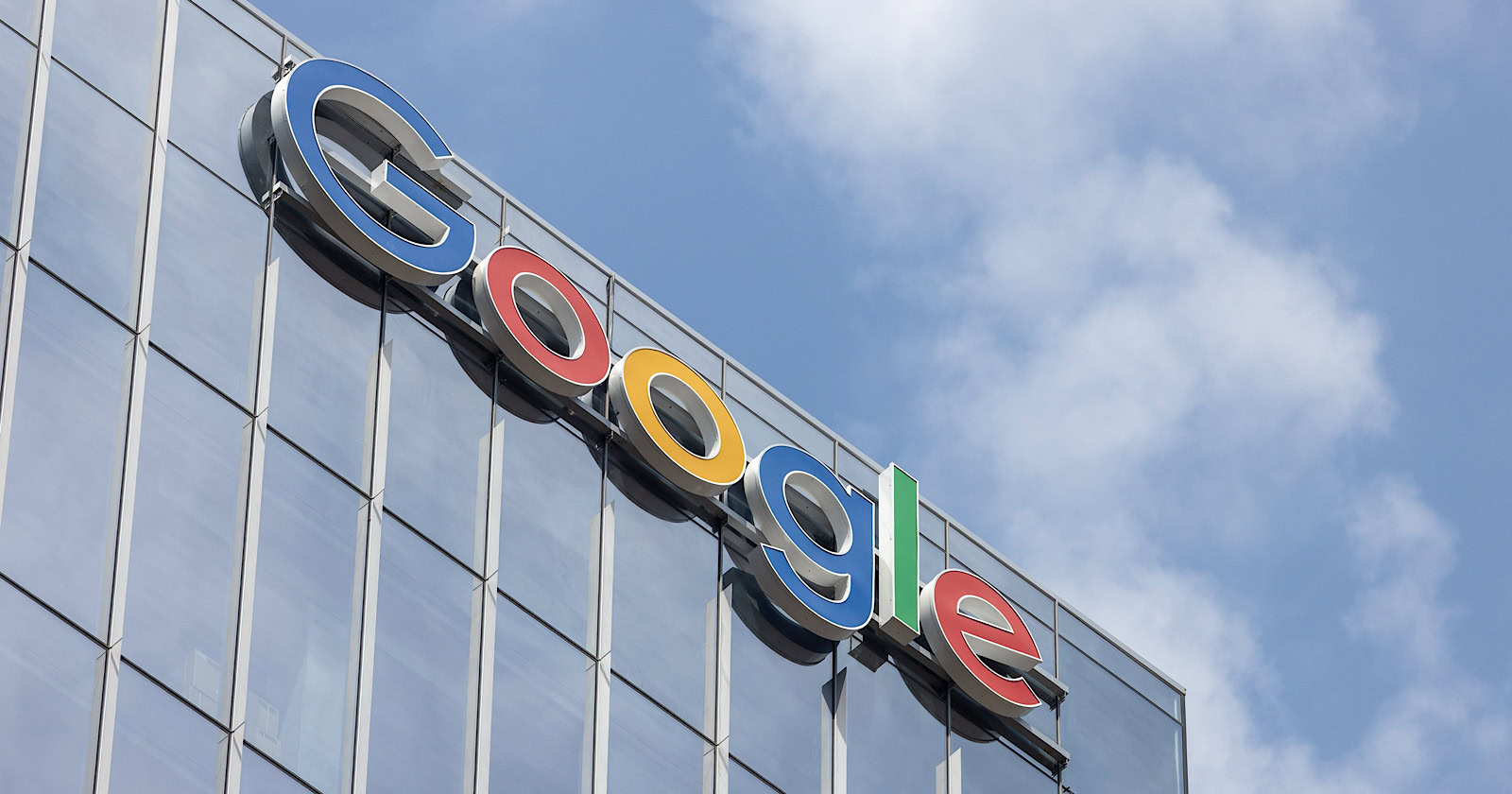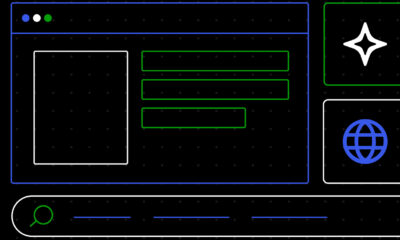SEO
No Algorithmic Actions For Site Reputation Abuse Yet

Google’s Search Liaison, Danny Sullivan, has confirmed that the search engine hasn’t launched algorithmic actions targeting site reputation abuse.
This clarification addresses speculation within the SEO community that recent traffic drops are related to Google’s previously announced policy update.
Sullivan Says No Update Rolled Out
Lily Ray, an SEO professional, shared a screenshot on Twitter showing a significant drop in traffic for the website Groupon starting on May 6.
Ray suggested this was evidence that Google had begun rolling out algorithmic penalties for sites violating the company’s site reputation abuse policy.
However, Sullivan quickly stepped in, stating:
“We have not gone live with algorithmic actions on site reputation abuse. I well imagine when we do, we’ll be very clear about that. Publishers seeing changes and thinking it’s this — it’s not — results change all the time for all types of reasons.”
We have not gone live with algorithmic actions on site reputation abuse. I well imagine when we do, we’ll be very clear about that. Publishers seeing changes and thinking it’s this — it’s not — results change all the time for all types of reasons. The actions currently only…
— Google SearchLiaison (@searchliaison) May 23, 2024
Sullivan added that when the actions are rolled out, they will only impact specific content, not entire websites.
This is an important distinction, as it suggests that even if a site has some pages manually penalized, the rest of the domain can rank normally.
I don’t know what that chart is based on. Third-party visibility stats? Or is this data from each site reported directly from Search Console? But beyond that, again, we’ve not added an algorithmic component for site reputation abuse. What I said in my original response is still…
— Google SearchLiaison (@searchliaison) May 23, 2024
Background On Google’s Site Reputation Abuse Policy
Earlier this year, Google announced a new policy to combat what it calls “site reputation abuse.”
This refers to situations where third-party content is published on authoritative domains with little oversight or involvement from the host site.
Examples include sponsored posts, advertorials, and partner content that is loosely related to or unrelated to a site’s primary purpose.
Under the new policy, Google is taking manual action against offending pages and plans to incorporate algorithmic detection.
What This Means For Publishers & SEOs
While Google hasn’t launched any algorithmic updates related to site reputation abuse, the manual actions have publishers on high alert.
Those who rely heavily on sponsored content or partner posts to drive traffic should audit their sites and remove any potential policy violations.
Sullivan’s confirmation that algorithmic changes haven’t occurred may provide temporary relief.
Additionally, his statements also serve as a reminder that significant ranking fluctuations can happen at any time due to various factors, not just specific policy rollouts.
FAQ
Will Google’s future algorithmic actions impact entire websites or specific content?
When Google eventually rolls out algorithmic actions for site reputation abuse, these actions will target specific content rather than the entire website.
This means that if certain pages are found to be in violation, only those pages will be affected, allowing other parts of the site to continue ranking normally.
What should publishers and SEOs do in light of Google’s site reputation abuse policy?
Publishers and SEO professionals should audit their sites to identify and remove any content that may violate Google’s site reputation abuse policy.
This includes sponsored posts and partner content that doesn’t align with the site’s primary purpose. Taking these steps can mitigate the risk of manual penalties from Google.
What is the context of the recent traffic drops seen in the SEO community?
Google claims the recent drops for coupon sites aren’t linked to any algorithmic actions for site reputation abuse. Traffic fluctuations can occur for various reasons and aren’t always linked to a specific algorithm update.
Featured Image: sockagphoto/Shutterstock





![How AEO Will Impact Your Business's Google Visibility in 2026 Why Your Small Business’s Google Visibility in 2026 Depends on AEO [Webinar]](https://articles.entireweb.com/wp-content/uploads/2026/01/How-AEO-Will-Impact-Your-Businesss-Google-Visibility-in-2026-400x240.png)
![How AEO Will Impact Your Business's Google Visibility in 2026 Why Your Small Business’s Google Visibility in 2026 Depends on AEO [Webinar]](https://articles.entireweb.com/wp-content/uploads/2026/01/How-AEO-Will-Impact-Your-Businesss-Google-Visibility-in-2026-80x80.png)











